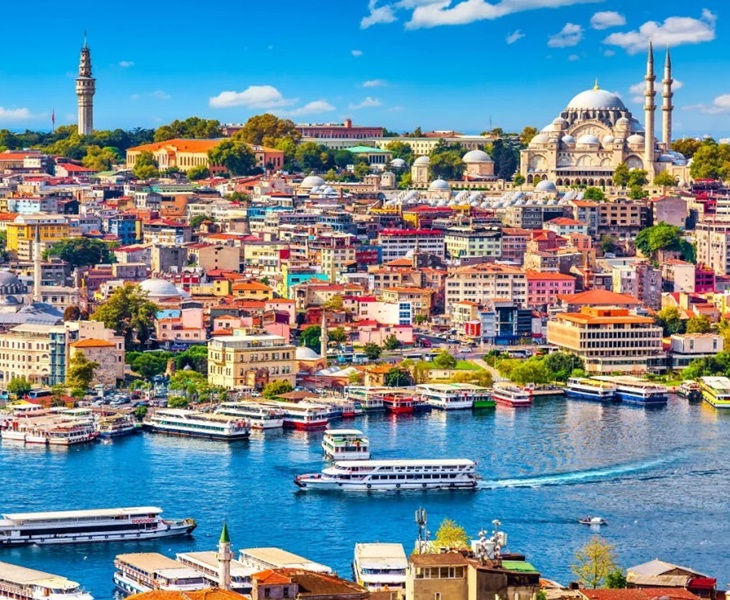The Future of International Tourism

In today’s interconnected world, international tourism has become a vibrant and vital part of the global economy and cultural exchange. It involves traveling across countries to explore new destinations, experience different cultures, and broaden one’s horizons. Whether for leisure, business, education, or medical reasons, international tourism offers unparalleled opportunities to learn, connect, and grow.
What is International Tourism?
International tourism refers to the movement of people across national borders to visit other countries for various purposes such as vacations, cultural exploration, health treatments, business, or education. Unlike domestic tourism, which happens within a country, international tourism involves crossing geopolitical boundaries and often includes longer travel durations and diverse cultural encounters.
Why is International Tourism Important?
Economic Growth: International tourists contribute significantly to the economy by spending on accommodation, food, transport, and entertainment, supporting millions of jobs worldwide.
Cultural Exchange: Traveling abroad fosters understanding and appreciation of different cultures, traditions, and lifestyles, promoting global harmony.
Education and Personal Development: Exposure to new environments, languages, and customs broadens perspectives and enhances personal growth.
Infrastructure Development: To cater to international tourists, many destinations improve their infrastructure, benefiting both locals and visitors.
Diplomacy and Soft Power: Tourism enhances international relations by building people-to-people connections beyond official diplomacy.
Popular Types of International Tourism
Leisure Tourism: Traveling for relaxation, sightseeing, and cultural experiences.
Business Tourism: Trips related to conferences, meetings, and corporate events.
Medical Tourism: Seeking healthcare services abroad.
Educational Tourism: Studying or attending courses overseas.
Adventure Tourism: Exploring extreme sports and outdoor activities in different countries.
Top International Tourist Destinations
France: Famous for its art, history, cuisine, and landmarks like the Eiffel Tower and Louvre Museum.
United States: Offers diverse attractions from New York City’s urban energy to the natural wonders of national parks.
Japan: Known for its blend of tradition and modernity, cherry blossoms, and technological innovations.
Italy: Renowned for its history, architecture, and culinary delights.
Australia: Offers unique wildlife, beaches, and the Great Barrier Reef.
Challenges in International Tourism
Travel Restrictions: Political situations, pandemics, or visa regulations can limit travel.
Cultural Sensitivity: Tourists must respect local customs and avoid cultural misunderstandings.
Environmental Impact: Managing the ecological footprint of tourism is critical for sustainable growth.
Security Concerns: Ensuring traveler safety remains a priority for destinations worldwide.
Tips for Successful International Travel
Plan Ahead: Research visa requirements, local customs, and health advisories.
Respect Local Culture: Dress appropriately, learn basic phrases, and be mindful of traditions.
Stay Safe: Keep valuables secure and stay informed about the local situation.
Sustainable Travel: Minimize environmental impact by reducing waste and supporting eco-friendly options.
Stay Connected: Have reliable communication tools and emergency contacts.
The Future of International Tourism
With technological advancements and increasing global connectivity, international tourism is expected to grow steadily. Innovations such as virtual reality tours, personalized travel experiences powered by AI, and sustainable tourism practices will shape the future. The industry also focuses on resilience, adapting to challenges like climate change and health crises to ensure safe and responsible travel.
























